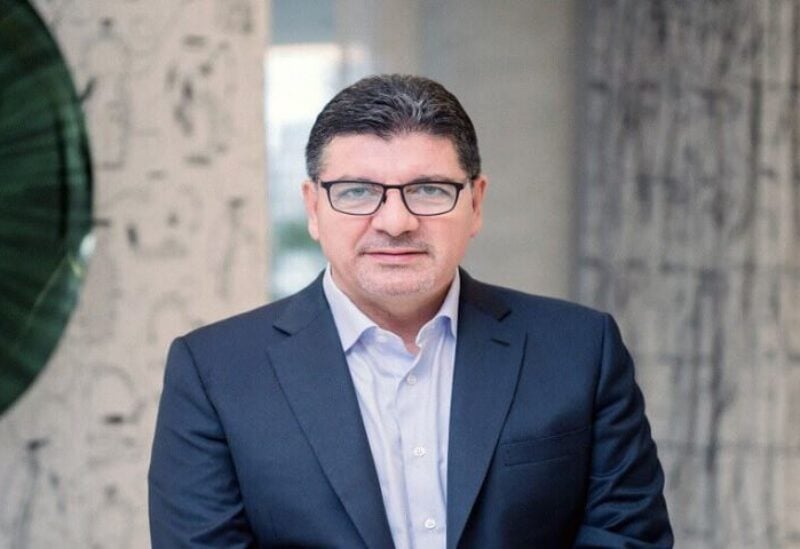
Bahaa Hariri
Sheikh Bahaa Hariri wrote in Arabian Busisines:
Just over a year ago the world’s focus was on Lebanon as the country suffered the combined effects of the Beirut blast and ramifications of the Covid pandemic. Little has changed in the past 12 months – except that the world is no longer paying attention.
The recent anniversary of the Non-Aligned Movement, to which Lebanon is a signatory, is a reminder that Lebanon is still beholden to other interests, both domestically and regionally. We are signatories to a pact which should protect our borders and independence and yet our sovereign territory continues to be the fighting-ground for other countries’ conflicts.
Enough. The time has come for Lebanon to grasp its own destiny.
Crippling power grabs
After a year of internal squabbling and sectarian power-grabs, which blighted all efforts to establish a fundamental piece of stability, we finally have a cabinet. However, do not be fooled into thinking this will be the end of our troubles and solve our problems. Given this “new” cabinet is made from the very groups and people that have kept Lebanon on the precipice of chaos for years, I am not hopeful.
We are facing challenges on all fronts: power outages resulting in hospitals being unable to operate at a time when Covid is still a major concern and precious food rotting in warm freezers; two thirds of the population faced critical water shortages in the height of summer; the search for petrol (let alone the cost) is near impossible; while the entrenched ruling political elites continue to propose the same failing policies.
Dangerous political freefall
Indeed, those who have benefitted from the pillaging of Lebanon – from the political freefall; from the sectarian divide – have eviscerated everything, from the basic tenets of democracy to the vital infrastructure our people need to survive.
We lack access to medication and healthcare. We lack access to a fair and just legal system, which upholds moral ethics and enforces accountability – demonstrated by the political interference in the investigation and indictment of those implicated in the Beirut blast.
A telling fact is the fate of the Syrian refugees, who fled their own country in search of a better life, and have now decided to return to the place they were once so desperate to escape. It is an indictment of the chaos that now rules Lebanon.
On the brink
As I have repeatedly warned over the past year: Lebanon is on the brink. From the absence of accountability and transparency in a system which is inherently corrupt and fractured, to the total lack of compassion and care the citizenry desperately deserve, let alone are entitled to, Lebanon is on the verge of collapse.
Lebanon needs total reform, and the total reconstruction of its state apparatus.
There are groups on the ground in Lebanon proposing exactly that. One of them, Sawa li Lubnan, which I support, has a reform plan that is all-encompassing. It addresses every facet of society, the economy, and government, in a way which holds those who have benefited from this chaos to account, and moreover, in a way which can facilitate change. Real change.
This grassroots movement understands what Lebanon’s political class have not: Lebanon must take charge of its own destiny and stop looking and waiting for help from the outside. We need an investment in a new form of politics. One that works for and is answerable to the people. One that ends the sectarian stranglehold over Lebanon’s body politic by mandating the separation of religion from politics.
Lebanon needs legislative reforms that enshrines in law the basic safeguarding measures needed to ensure a corrupt cabal can never again gain a stranglehold over the state. An independent judiciary with the power to act swiftly and decisively against malign influences, wherever or whomever they are, would provide this security.
In the coming months and years ahead, movements like Sawa will face an uphill battle as it represents an existential threat to Lebanon’s political class who fight hard to maintain their tenuous grip on power.
Yet movements like Sawa have a groundswell of popular support in Lebanon. But time is not on our side. For every day we delay action, the situation deteriorates, and the likes of Hezbollah openly prepare to capitalise upon Lebanon’s possible collapse and the task of rebuilding gets that little bit harder.
All is not lost. Through movements like Sawa, Lebanon can take control of its own destiny and provide peace and prosperity to its people and the region.